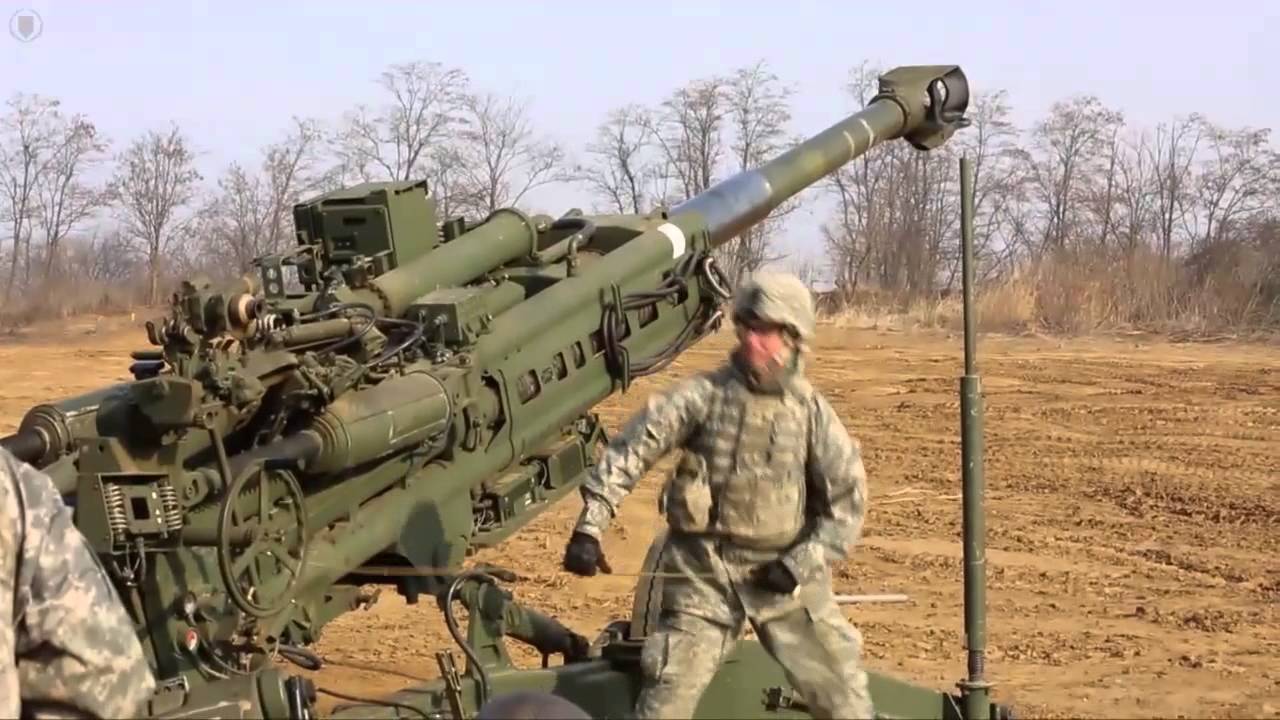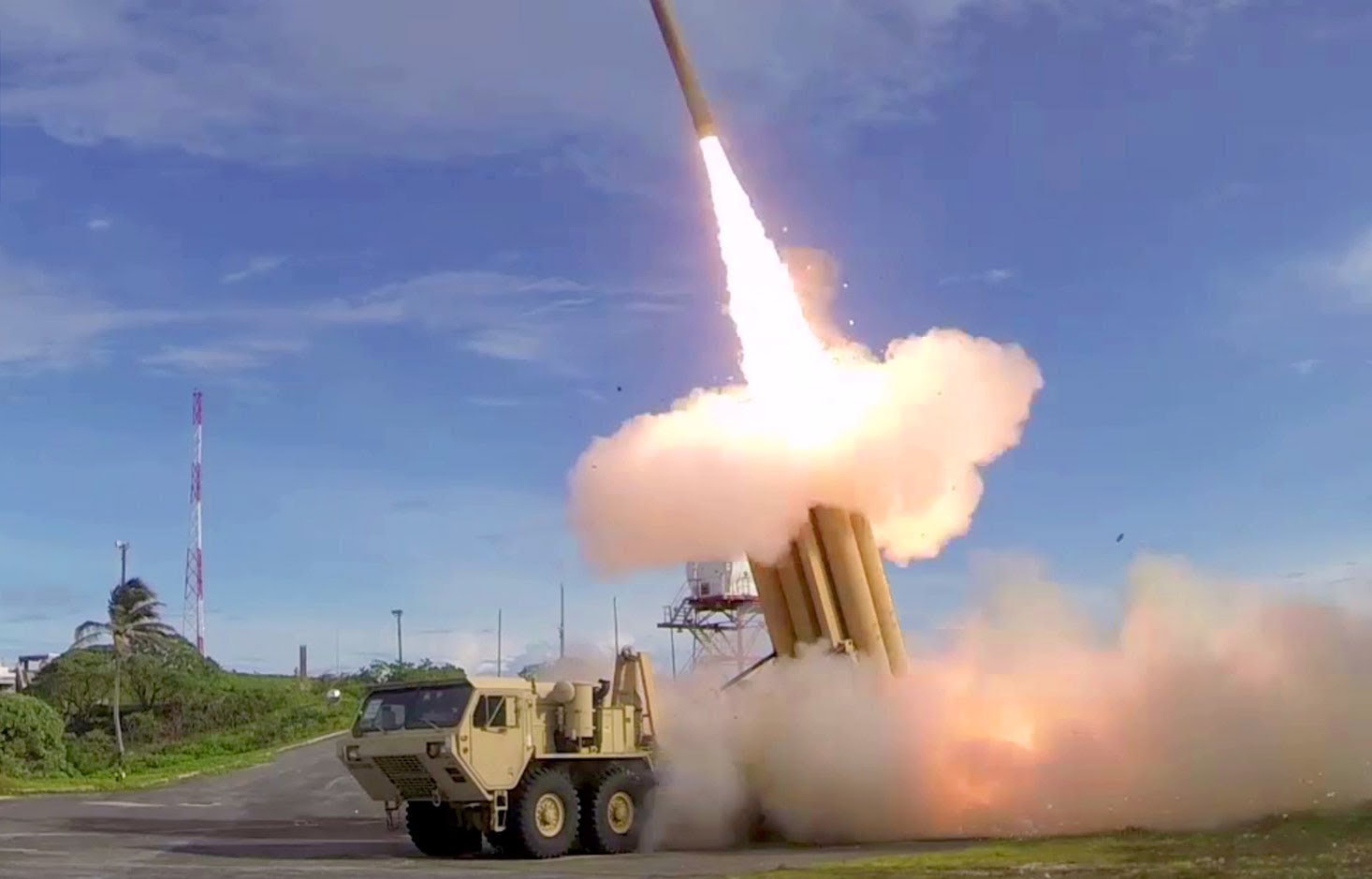 Parler
Parler Gab
Gab
Majority of South Koreans in favor of having nuclear weapons
Policymakers in Seoul rejected the option to build nuclear weaponry for decades. But things are different now. "President Yoon's comment could turn out to be a watershed moment in the history of South Korea's national security," said Cheon Seong-whun, a former head of the Korea Institute for National Unification, a government-funded research think tank in Seoul. "It could shift its paradigm in how to deal with the North Korean nuclear threat." A recent study also found that most South Koreans are actually in favor of going nuclear. A February 2022 study by the Carnegie Endowment for Regional Peace showed that 71 percent of the South Korean public favors having their own nuclear weapons, with 56 percent supporting the U.S. deploying nuclear weapons in their territory. Additionally, the poll found that 67 percent preferred South Korea to have its own independent nuclear arsenal, with only nine percent supporting the deployment of U.S. nukes. In terms of opposing nuclear weapons, the study revealed that 40 percent oppose U.S. nuclear weapons deployment, while only 26 percent oppose having an independent nuclear arsenal. Furthermore, the study showed that North Korea remains the primary driver for pro-nuclear South Korean sentiment, with 82 percent believing Pyongyang won't give up its nuclear weapons. Visit NuclearWar.news for more stories related to impending nuclear wars worldwide. Watch the video below that talks about Kim wanting to develop new intercontinental ballistic missiles. This video is from the Puretrauma357 channel on Brighteon.com.More related stories:
South Korea ready to parry North Korea's military threat with $2.6B "Iron Dome" defense system. South Korea unveils new ballistic missile that can penetrate North Korean underground military facilities. South Korea requests Interpol red notice in search for disgraced crypto developer Do Kwon. PrepWithMike: Surviving radioactive exposure following a nuclear explosion is NOT impossible.Sources include:
RT.com JapanTimes.co.jp AsiaTimes.com GlobalAffairs.org Brighteon.comNATO members are running out of weapons that they can send to Ukraine
By Arsenio Toledo // Share
MSNBC: ‘It’s a lizard people conspiracy theory to believe WEF is promoting bug eating’
By News Editors // Share
Top 12 DEADLIEST WEAPONS of all time
By S.D. Wells // Share
Global DE-DOLLARIZATION is on the way as world’s central banks buy gold at fastest pace in 55 years
By Arsenio Toledo // Share
New US research finds “worrying” evidence linking Monsanto weed killer to cancer
By News Editors // Share
Governments continue to obscure COVID-19 vaccine data amid rising concerns over excess deaths
By patricklewis // Share
Tech giant Microsoft backs EXTINCTION with its support of carbon capture programs
By ramontomeydw // Share
Germany to resume arms exports to Israel despite repeated ceasefire violations
By isabelle // Share










